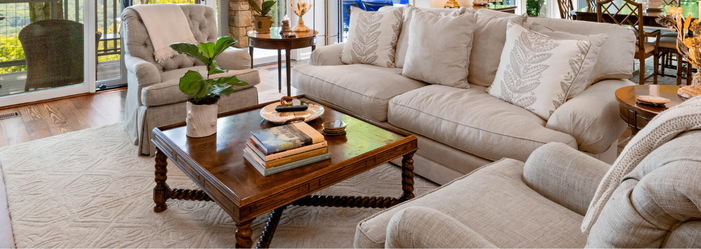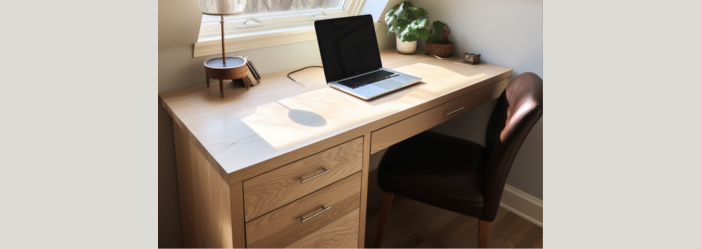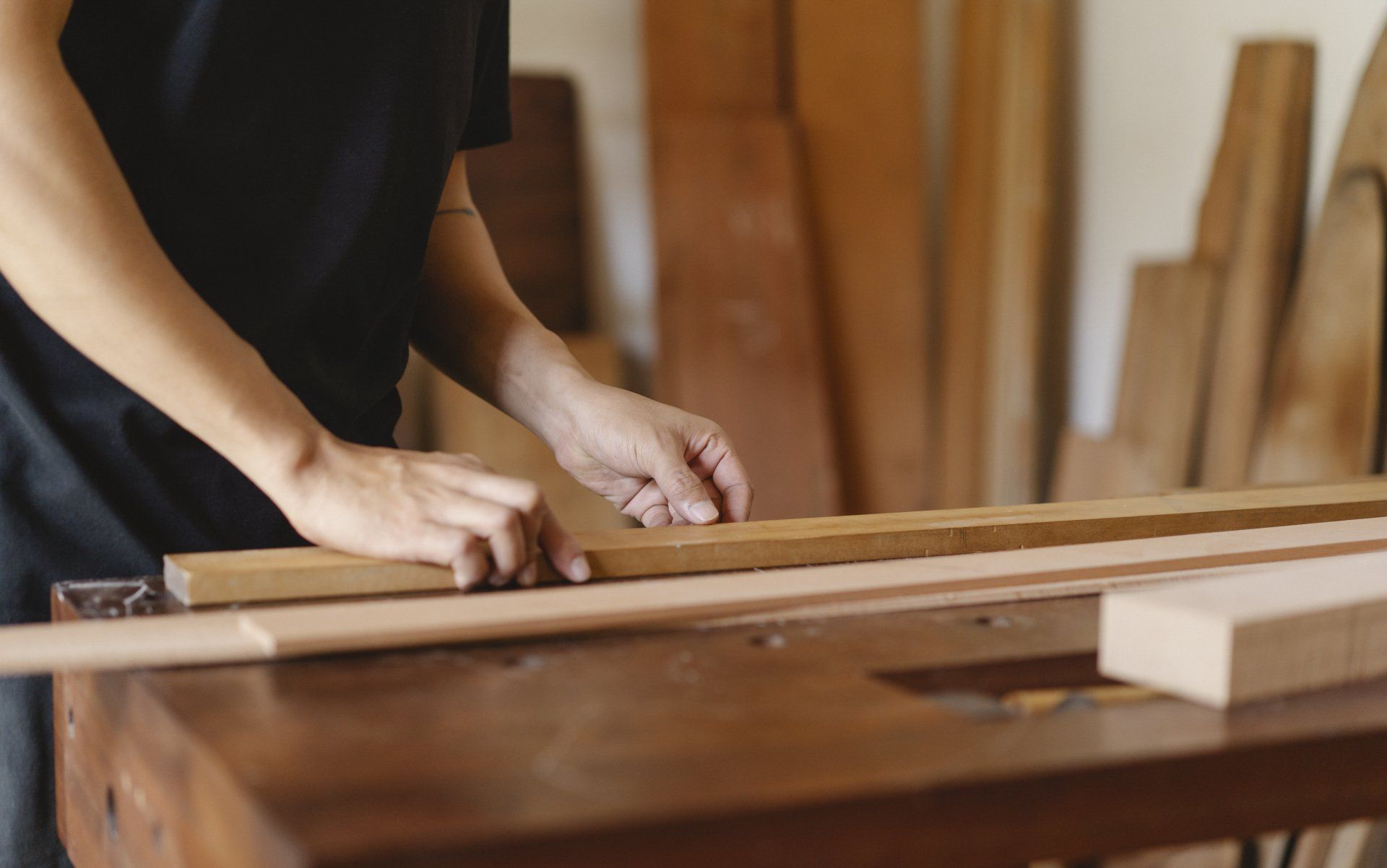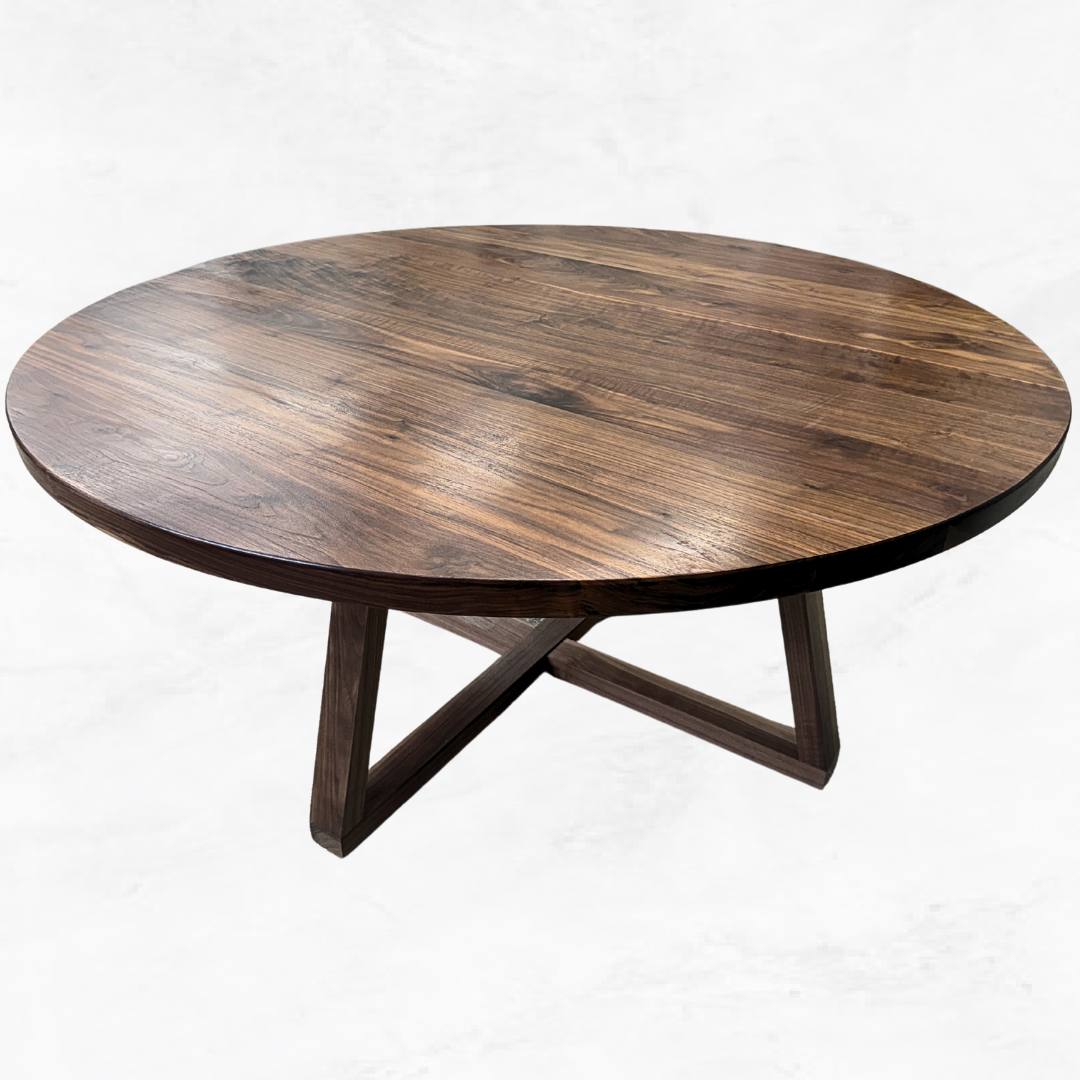Sustainability in Bespoke Wood Furniture: Choosing Eco-Friendly Materials and Practices
In a world where environmental consciousness is more crucial than ever, the realm of bespoke wood furniture stands as a beacon of sustainable craftsmanship. The journey from tree to table involves choices that can either contribute to environmental degradation or promote a more eco-friendly approach. Let's delve into the sustainable practices that make bespoke wood furniture a choice that resonates with both craftsmanship and environmental responsibility.

The Essence of Sustainability
Selecting Sustainable Wood Sources
At the heart of sustainability in bespoke wood furniture lies the choice of wood sources. Artisans committed to eco-friendly practices opt for sustainably harvested wood. This means selecting wood from responsibly managed forests where the rate of tree harvesting is balanced by new tree growth. By choosing sustainable wood sources, craftsmen contribute to the preservation of ecosystems and biodiversity.
Fostering Regeneration: A Commitment to Future Generations
Craftsmen understand the importance of fostering regeneration in the forests. They participate in and support initiatives that focus on planting new trees and ensuring the long-term health of the ecosystems. This commitment goes beyond creating beautiful pieces; it's about leaving a positive impact on the environment for future generations.
Environmentally Conscious Finishing Options
Embracing Natural Finishes
Sustainability extends beyond the wood itself to the finishing touches applied to bespoke furniture. Artisans are increasingly turning to natural and eco-friendly finishes. Traditional finishes often involve harmful chemicals, but sustainable options like natural oils and waxes enhance the wood's beauty without compromising environmental health. These finishes not only protect the wood but also contribute to indoor air quality.
Reimagining Waste: Upcycling and Reclaimed Wood
In the spirit of sustainability, many artisans are reimagining waste. Upcycling and using reclaimed wood are popular practices that breathe new life into discarded materials. Old barns, factories, or even fallen trees find a second life in bespoke wood furniture, reducing the demand for new resources and minimizing environmental impact.
The Overall Impact of Choosing Handmade, Sustainable Furniture
Slow Furniture Movement: Quality Over Quantity
Bespoke wood furniture aligns with the principles of the slow furniture movement, emphasizing quality over quantity. Instead of mass-produced items that contribute to a throwaway culture, handmade pieces are crafted to last. This longevity not only reduces the need for frequent replacements but also minimizes the overall environmental footprint associated with furniture production.
Supporting Local Economies
Choosing bespoke wood furniture from local artisans supports local economies and reduces the carbon footprint associated with transportation. Supporting local craftsmanship fosters a sense of community and ensures that environmental responsibility extends beyond the workshop to the broader community.
Craftsmanship in Harmony with Nature
In the realm of bespoke wood furniture, sustainability is not just a buzzword; it's a way of life. Craftsmen, driven by a passion for their art and a deep respect for the environment, create pieces that are not only beautiful but also eco-friendly. Choosing handmade, sustainable furniture is a conscious decision to bring craftsmanship into harmony with nature, creating a home filled with pieces that tell a story of artistry, responsibility, and a commitment to a sustainable future.










